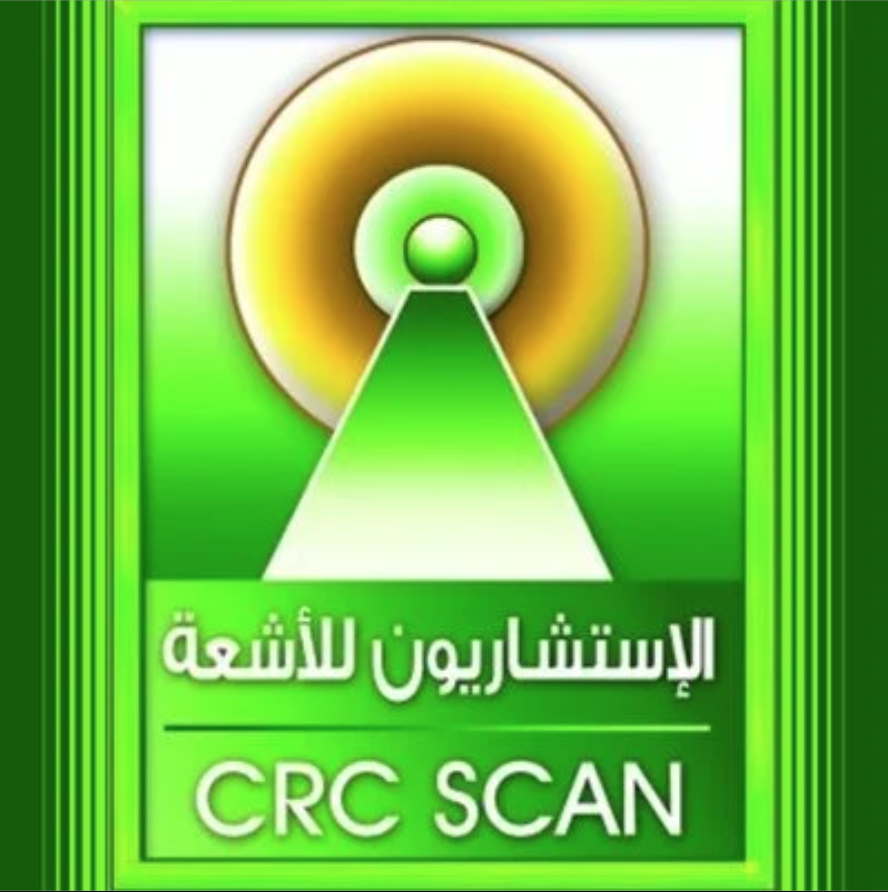

Frozen shoulder, also known as adhesive capsulitis, is a common condition that affects the shoulder joint and causes severe pain and stiffness. This condition usually develops slowly in three phases:
Freezing stage: The pain begins gradually and worsens with movement. The shoulder becomes stiffer and the ability to move it decreases.
Frozen stage: The pain may decrease in this stage, but the stiffness increases and it becomes more difficult to use the shoulder.
Thawing stage: Shoulder movement gradually begins to improve and this stage may take several months to years.
Causes of Frozen Shoulder
The exact cause of frozen shoulder is still unclear, but it is believed to be related to:
Inflammation: Inflammation occurs in the tissues surrounding the shoulder joint, which leads to stiffness.
Injuries: Shoulder injuries may lead to the development of frozen shoulder.
Certain medical conditions: Such as diabetes and thyroid disease.
Treatment of Frozen Shoulder
Treatment of frozen shoulder aims to relieve pain and restore shoulder movement. Treatment may include:
Physical therapy:
Stretching exercises: Help improve shoulder flexibility and increase range of motion.
Strengthening exercises: Help strengthen the muscles around the shoulder and support it.
Manual therapy: The manual therapist uses manual techniques to improve joint movement and reduce pain.
Medications:
Pain relievers: Help relieve pain and inflammation.
Corticosteroids: Used in cases of severe inflammation.
Injections:
Corticosteroid injection: Corticosteroid is injected directly into the joint to reduce inflammation and relieve pain.
Surgery: In rare cases, surgery may be necessary to release the stiffened tissues inside the joint.
Tips for Dealing with Frozen Shoulder
Patience: Recovery from frozen shoulder can take a long time, so be patient and persistent in treatment.
Avoid overuse of the shoulder: Avoid activities that increase pain or stiffness.
Use warm or cold compresses: Warm compresses can help relieve pain and stiffness, while cold compresses can help reduce inflammation.
Our Specialized Team
At Al Sumu Center, we have a specialized team of experienced physical therapists in treating cases of frozen shoulder. Our team will work with you to develop an individualized treatment plan to suit your specific needs and goals.










